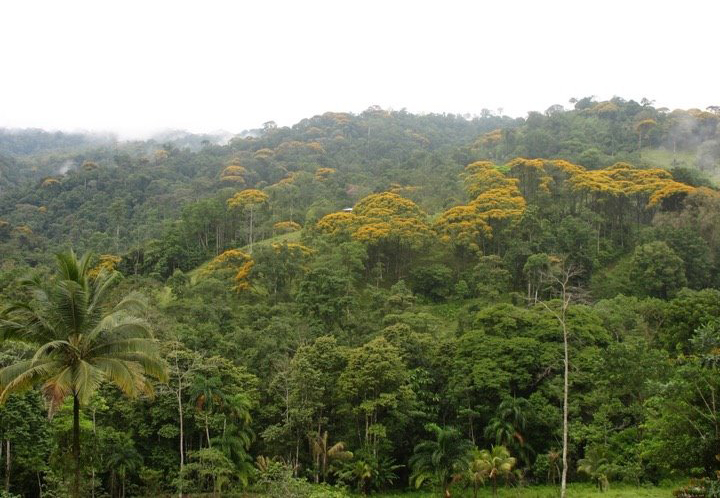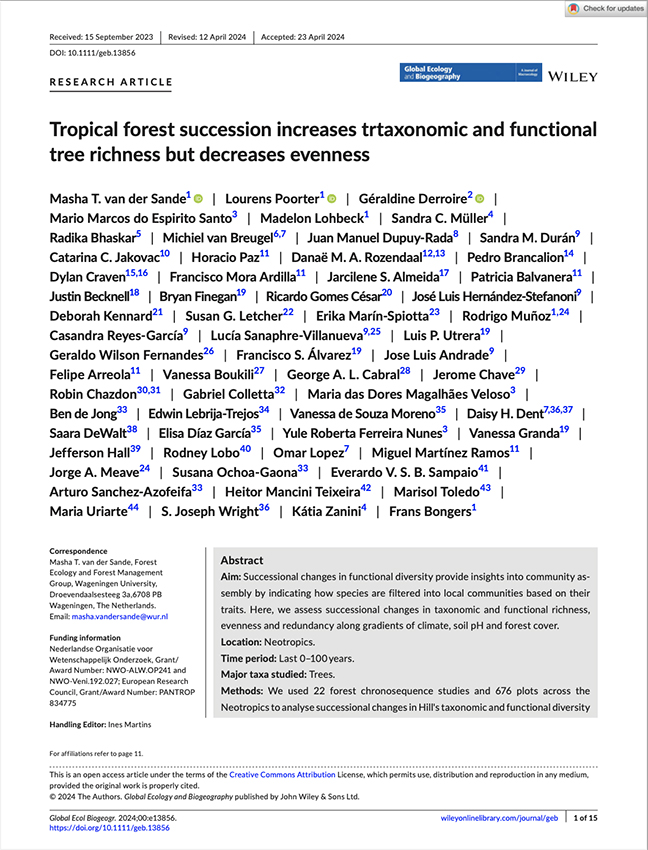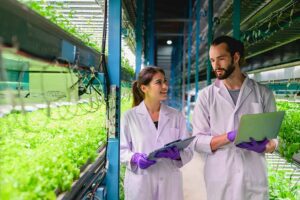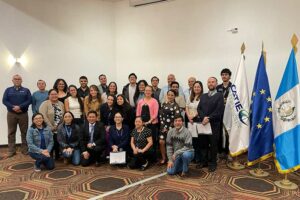Study Reveals that Both Functional and Taxonomic Diversity of Trees Increases as Tropical Forests Recover

- The study, published in Global Ecology and Biogeography, highlights how the recovery of tropical forests increases tree diversity.
Research published in the journal Global Ecology and Biogeography has shown significant findings on how forest succession in the tropics enhances both the functional and taxonomic diversity of the trees that constitute new secondary forests.
One of the most important advancements of the study is its emphasis on the application of the functional ecology paradigm—a type of ecology based on the measurement of functional traits—alongside the traditional species-based ecological approach.
The study analyzes how changes develop over time under different environmental conditions. It utilized data from 22 forest chronosequence sites and 676 plots in the Neotropics, evaluating changes in the functional and taxonomic richness and evenness of trees during the first 100 years of succession.
The results showed that forest succession increases both functional richness and functional redundancy, although it decreases functional and taxonomic evenness over time.
One of the most notable discoveries is that, as successional forests mature, the number of rare species increases significantly. This indicates that older forests have a greater diversity of species, although a few species dominate in abundance.
This research was coordinated from Wageningen University in the Netherlands and developed by a group of international scientists, including Bryan Finegan and Diego Delgado from the Forests and Biodiversity in Productive Landscapes Unit of CATIE (Tropical Agricultural Research and Higher Education Center), as well as three graduates from the CATIE master's program: Vanessa Granda, Luis Pedro Utrera, and Samuel Álvarez.
The findings of the research provide new tools for environmental managers and public policies focused on the conservation of tropical forests.
By promoting the diversity of species and functions, the resilience of these ecosystems is strengthened against threats such as climate change and deforestation.
The research underscores the need to work in international networks and apply comprehensive and long-term approaches to ensure the sustainability of tropical forests, highlighting the vital role they play in global biodiversity and human well-being.
Find the article of this research, published in the journal Global Ecology and Biogeography, Global Ecology and Biogeography, here.

More information:
Bryan Finegan
Senior Researcher
Forests and Biodiversity in Productive Landscapes Unit
Latin American Chair of Ecology in Natural Forest Management
CATIE
bfinegan@catie.ac.cr
Diego Delgado
Researcher
Forests and Biodiversity in Productive Landscapes Unit
Latin American Chair of Ecology in Natural Forest Management
CATIE
ddelgado@catie.ac.cr
Written by:
Karla Salazar Leiva
Communications Officer
Communications and Marketing Office
CATIE
karla.salazar@catie.ac.cr



